According to Nikkei Asia, the total spending on research and development (R&D) of seven major companies including Toyota, Honda, Nissan, Suzuki, Mazda, Subaru and Mitsubishi Motors has reached 3.87 trillion yen (25.3 billion USD) in fiscal 2024, up more than 50% compared to 10 years ago and is expected to continue to increase to 3.94 trillion yen (26.27 billion USD) in fiscal 2025 (ending March 2026).
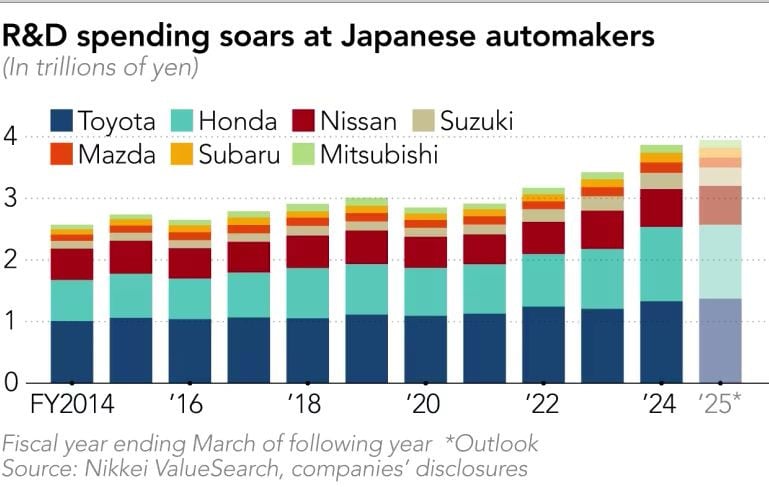
The three companies that increased R&D spending the most during this period were Suzuki (up 111%), Subaru (up 92%) and Honda (up 81%).
The driving force behind these huge numbers is competitive pressure from Chinese rivals like BYD, which is leading the race in electric vehicles, software technology and green energy. BYD currently spends up to $7.5 billion on R&D each year, equivalent to nearly 1.2 trillion yen, which is on par with Honda and second only to Japan’s largest investor, Toyota.
Japanese automakers are adopting a “multi-pronged” strategy of developing electric vehicles (EVs) while continuing to improve internal combustion engines and hybrids to move towards carbon neutrality. This forces them to divide their investments into many technologies at the same time, from batteries, AI to new materials.
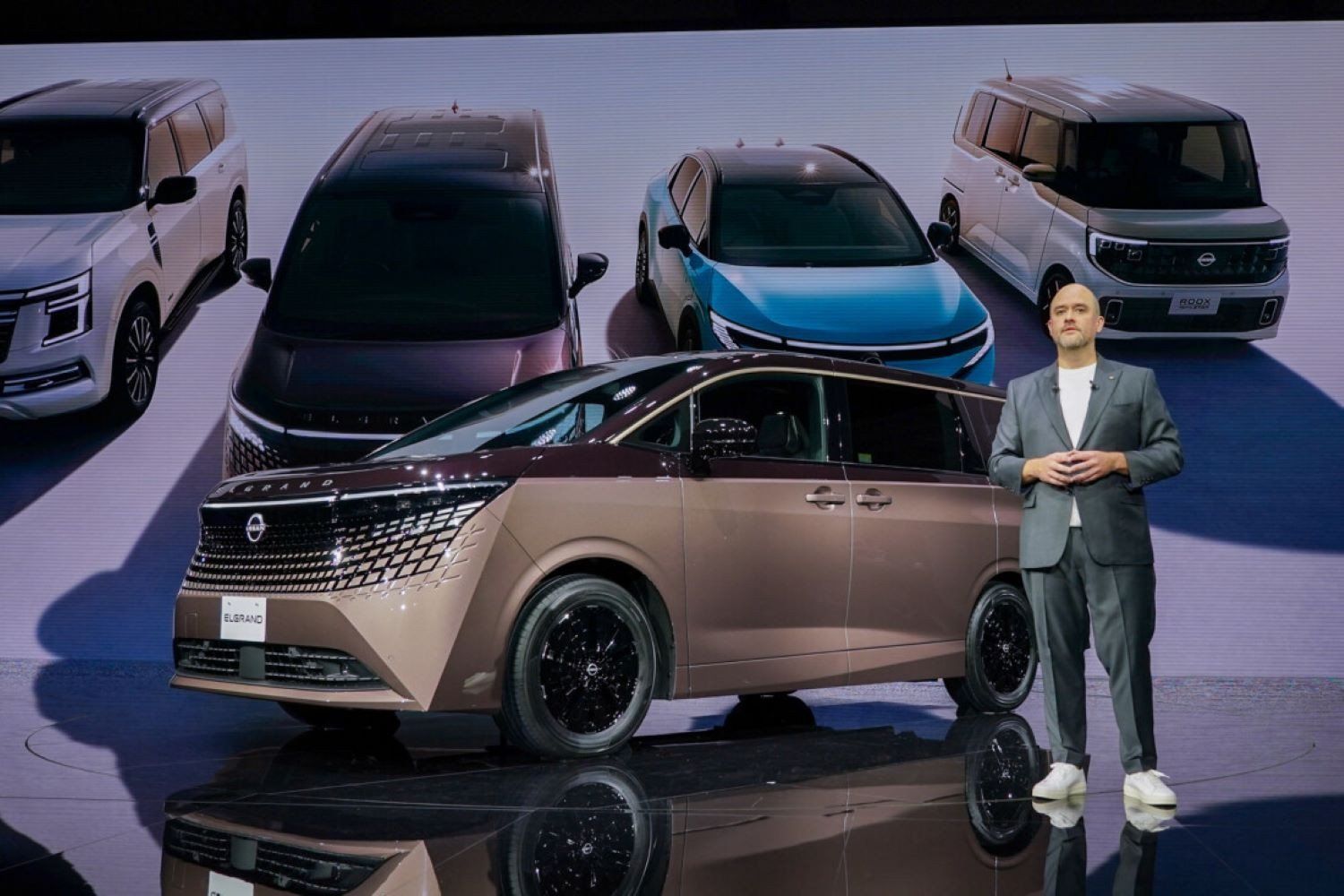
At the 2025 Japan Motor Show, Nissan introduced the new generation Elgrand with exclusive hybrid technology e-Power and electric four-wheel drive system e-4orce. These two technologies help increase fuel efficiency, reduce body vibration and optimize driving feeling.
“The Elgrand marks a new era of intelligence, efficiency and engagement,” said Nissan President Ivan Espinosa.
Meanwhile, Suzuki also unveiled the Vision e-Sky concept, an electric minicar concept that is scheduled to launch in fiscal 2026. The company also introduced a hydrogen engine on the CO2-free Suzuki Burgman scooter, and is collaborating with Toyota and Daihatsu on the development of a small electric truck.
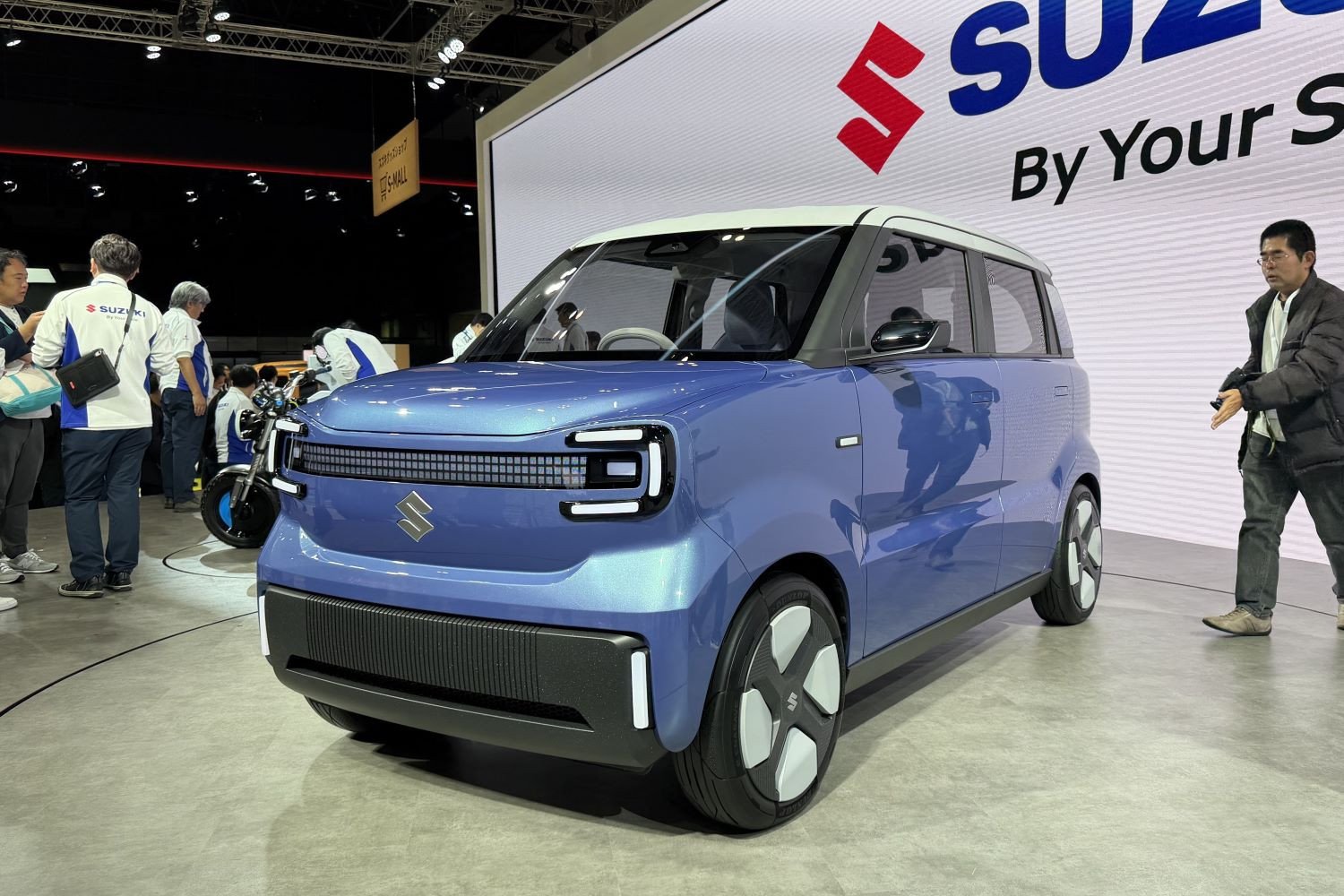
Mr. Toshihiro Suzuki, Chairman of Suzuki affirmed: "We want to bring environmentally friendly technology into people's daily lives."
Mazda has taken a different approach by introducing environmentally friendly technologies, including on-board CO2 capture devices and carbon-neutral fuels extracted from microscopic algae.
“The CO2 capture device we developed can efficiently capture CO2 by directly capturing it from exhaust gas,” Mazda President and CEO Masahiro Moro said at a press conference on Wednesday. “The captured CO2 can be reused in agriculture or the production of high-performance carbon materials.”
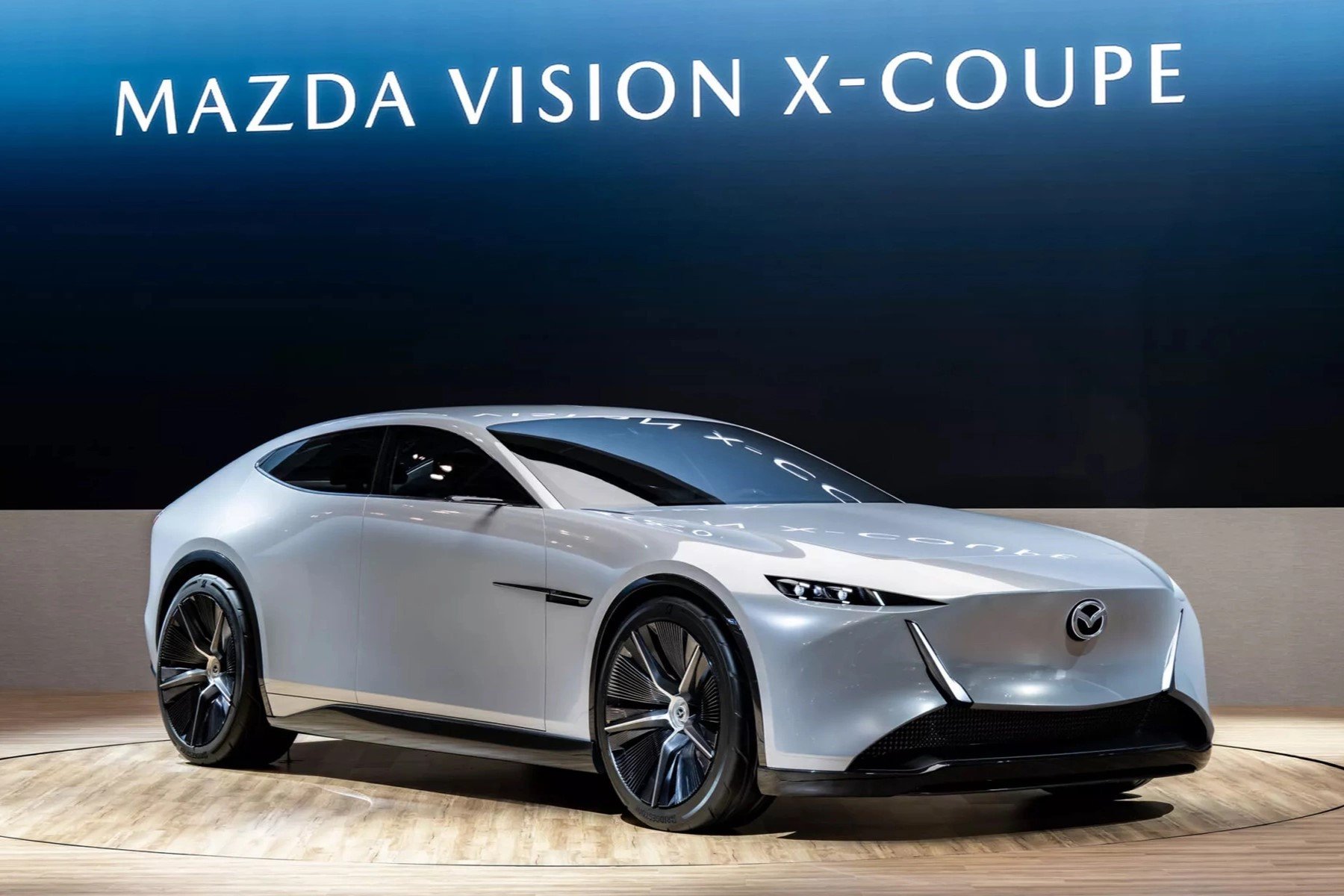
In addition to energy technology, artificial intelligence (AI) and software are also becoming a key area that automakers are developing. Honda announced that it is accelerating the development of a next-generation advanced driver assistance system (ADAS), which is capable of automatically controlling the car when the user sets a destination. This technology is expected to be deployed on both electric and hybrid vehicles from 2027.
Despite the huge investment, analysts say a 50% increase in 10 years, including the amount inflated by the weak yen, cannot be considered enough and this speed is still not enough to close the gap with China.
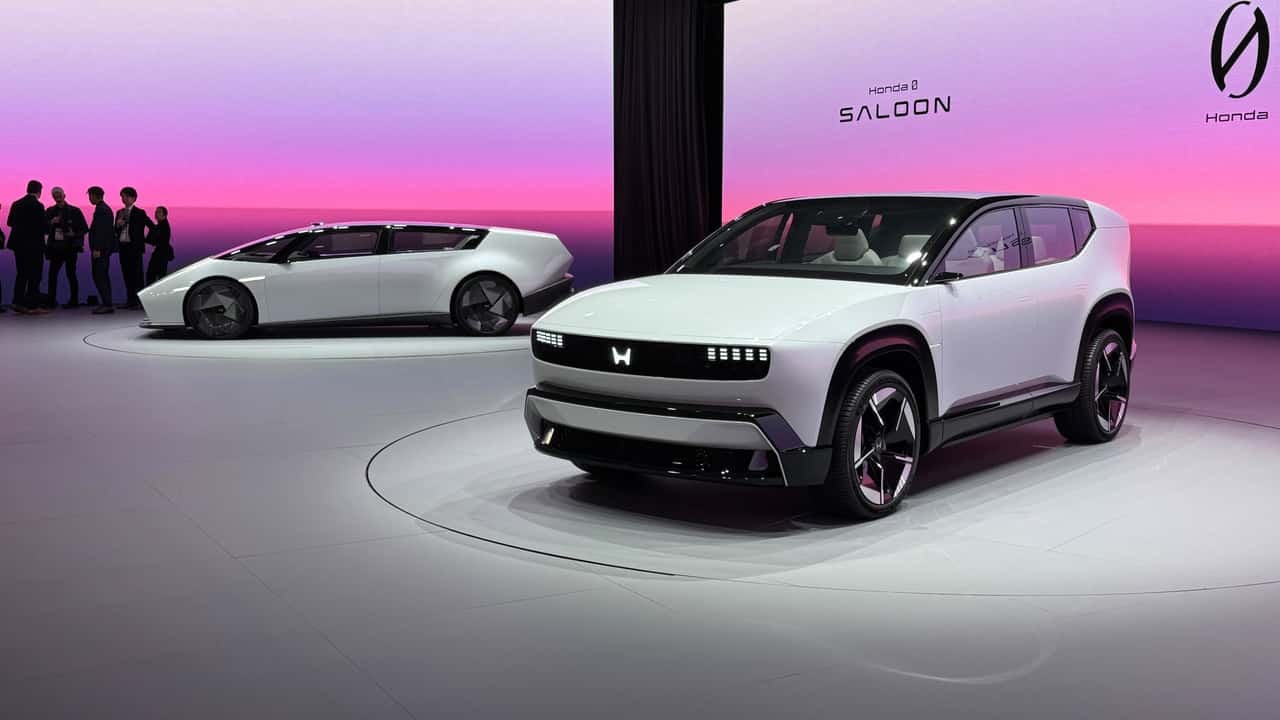
While Japanese automakers are diversifying into technology, their Chinese and Korean rivals are pouring money into electric vehicles and software, both of which are booming globally.
To strengthen their position, Japanese automakers are looking to increase international cooperation. In early October 2025, Honda invested more in the US artificial intelligence-related technology startup Helm.ai, joining hands with IBM to develop chips and software.
Additionally, although Honda and Nissan called off merger talks in February this year, they continue to cooperate in the fields of artificial intelligence and automotive electrification.
While Mazda is partnering with Nippon Steel to improve its manufacturing processes, Nissan is also leveraging its global alliance with Renault and Dongfeng to develop strategic electric vehicles for the European and Chinese markets.
“We are committed to embracing change, taking every innovative approach to reshape Japan’s mobility heritage and future,” Espinosa asserted.
The strong comeback of the Japanese auto industry is not only a technology race, but also an effort to reaffirm its position in the global electric vehicle era, where innovation is no longer an option but a condition of survival.
According to Nikkei Asia
Please leave a comment below or share the article on VietNamNet Newspaper via email: otoxemay@vietnamnet.vn. Appropriate content will be posted. Thank you!
Source: https://vietnamnet.vn/cac-hang-xe-nhat-doc-hang-chuc-ty-usd-dau-tu-doi-moi-truoc-suc-ep-tu-trung-quoc-2458078.html








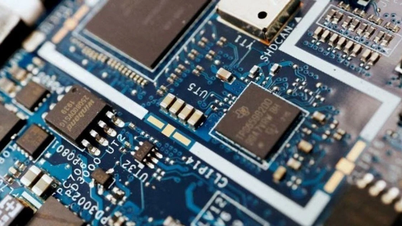



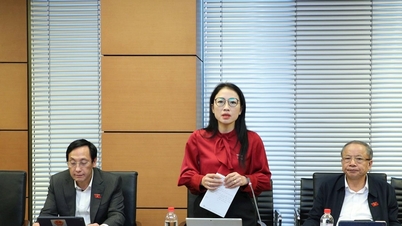

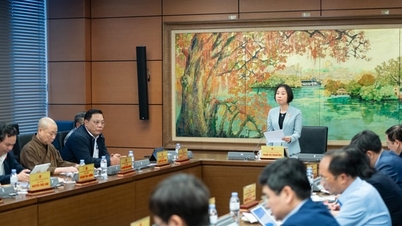

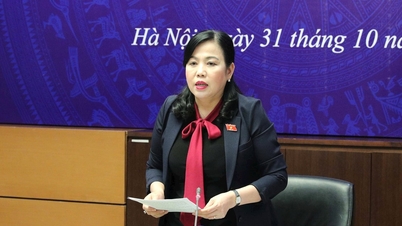




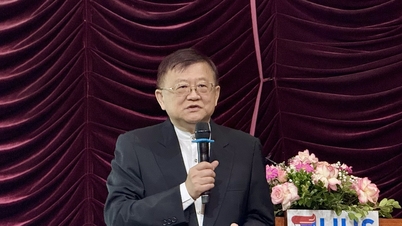

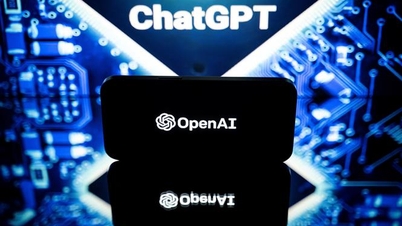


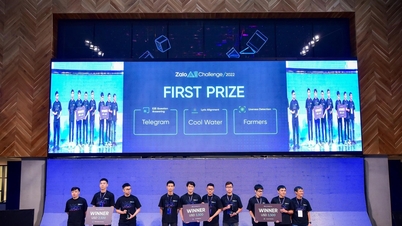
















































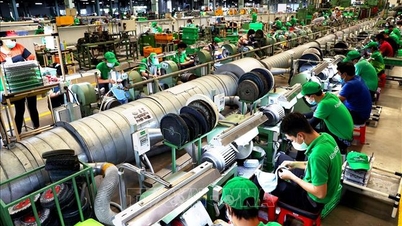
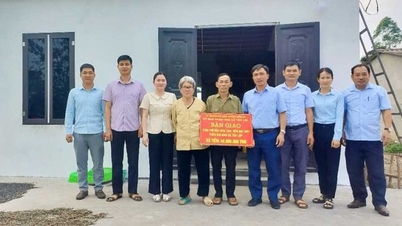









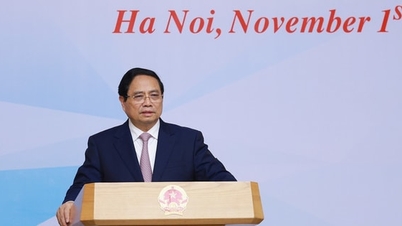















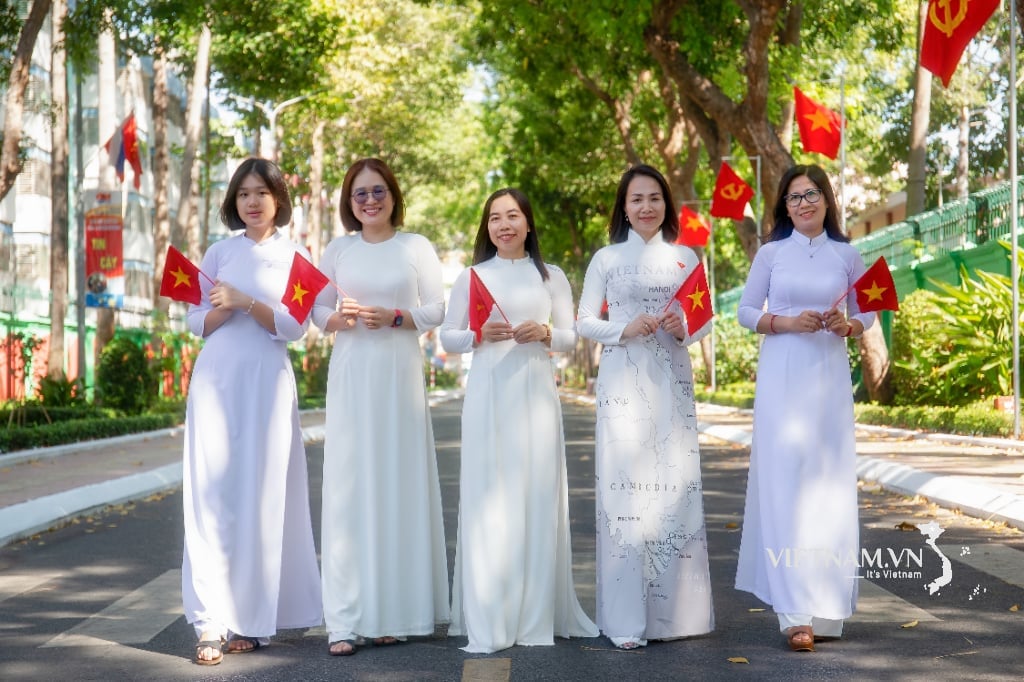



Comment (0)